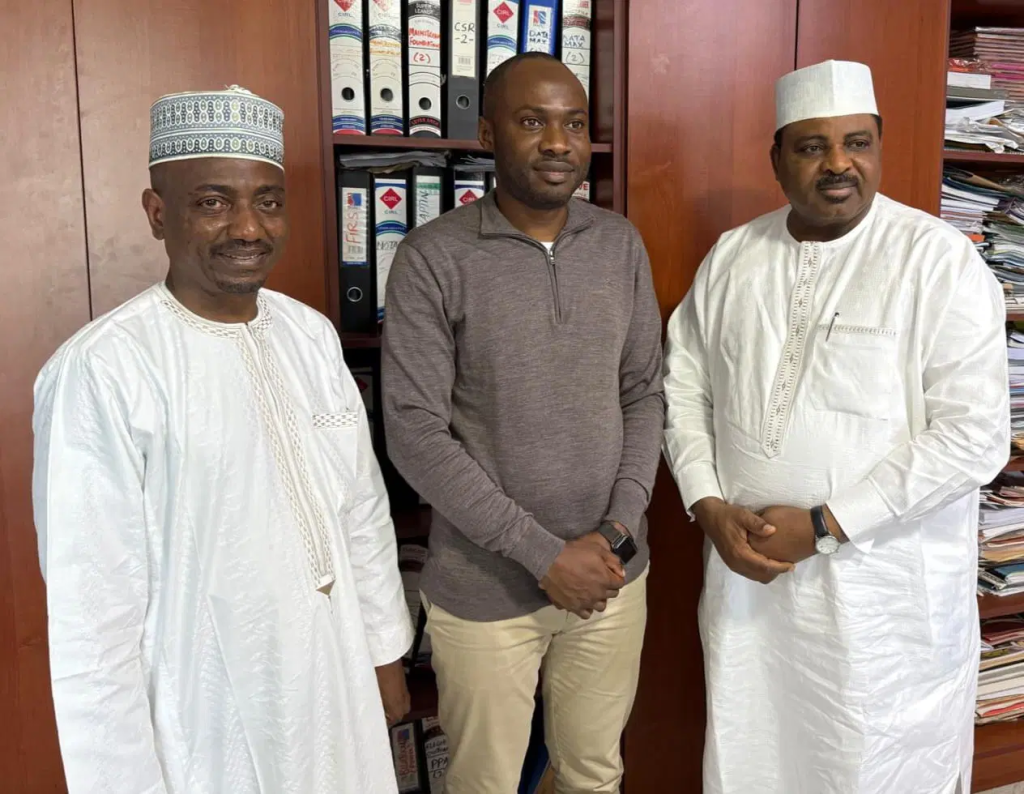Mainstream Energy Solutions Limited (MESL) has acquired carbon credits from Netzence Sustainability Limited (Netzence), marking a significant step in Nigeria’s climate action and sustainability efforts.
Dr Sadiq Sani, Founder and CEO of Netzence, announced the development, stating:
“This milestone reflects Nigeria’s progress towards establishing a robust carbon registry, a crucial tool for addressing climate change and driving economic growth.”
Enhancing Sustainability Credentials
Carbon credits, which represent the reduction of one metric tonne of carbon dioxide (CO2) emissions per unit, are integral to global efforts to cut Greenhouse Gas (GHG) emissions. The monetisation of these credits aligns with the United Nations Sustainable Development Goals (SDGs) and reinforces MESL’s commitment to sustainability.

“This initiative supports national and global sustainability targets while fostering economic growth,” Dr Sani added.
Driving Nigeria’s Green Economy
The partnership also highlights the importance of Nigeria’s carbon registry, which aims to monitor and manage emissions effectively, facilitating carbon trading schemes and climate finance initiatives. These efforts are expected to attract investments in renewable energy and sustainable technologies, enhancing Nigeria’s low-carbon economy.
“This collaboration demonstrates how innovation and technology can mitigate carbon emissions while advancing economic prosperity,” Dr Sani remarked.
Economic and Environmental Benefits
The partnership between MESL and Netzence not only enhances operational efficiency but also opens opportunities in renewable energy, waste management, and sustainable industries. It sets a precedent for other businesses to adopt eco-friendly practices, strengthening Nigeria’s position in the global green economy.
“Investments in carbon credit systems create jobs, stimulate local industries, and encourage sustainable practices, making Nigeria more competitive globally,” Dr Sani explained.
A Call for Collective Action
The issuance of carbon credits to MESL signals the beginning of a broader movement toward environmental sustainability in Nigeria. Dr Sani emphasised the need for collaboration among government, businesses, and civil society to support this transition.
“The government’s role in creating a conducive environment for sustainability initiatives will be vital in attracting investments and fostering climate resilience,” he noted.
Dr Sani expressed gratitude to MESL’s Board Chairman, Col. Sani Bello (RTD), for supporting the partnership. He concluded:
“This achievement is not just a victory for MESL but a testament to Nigeria’s readiness to embrace sustainability as an avenue for economic growth and environmental stewardship.”


